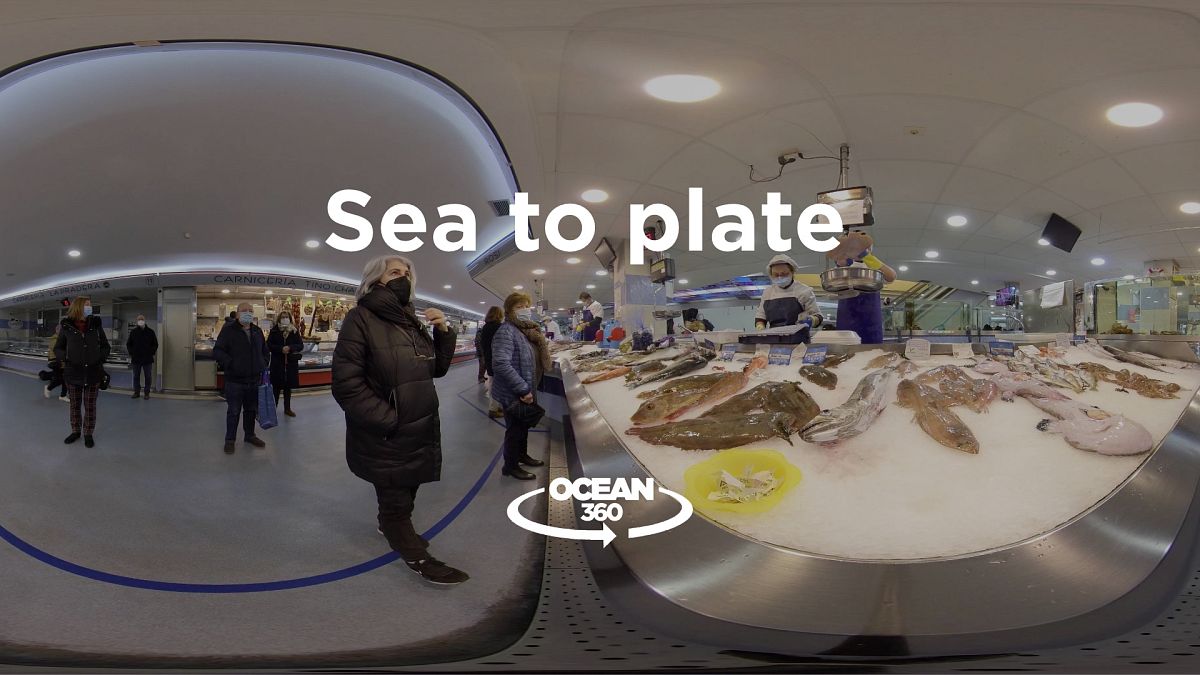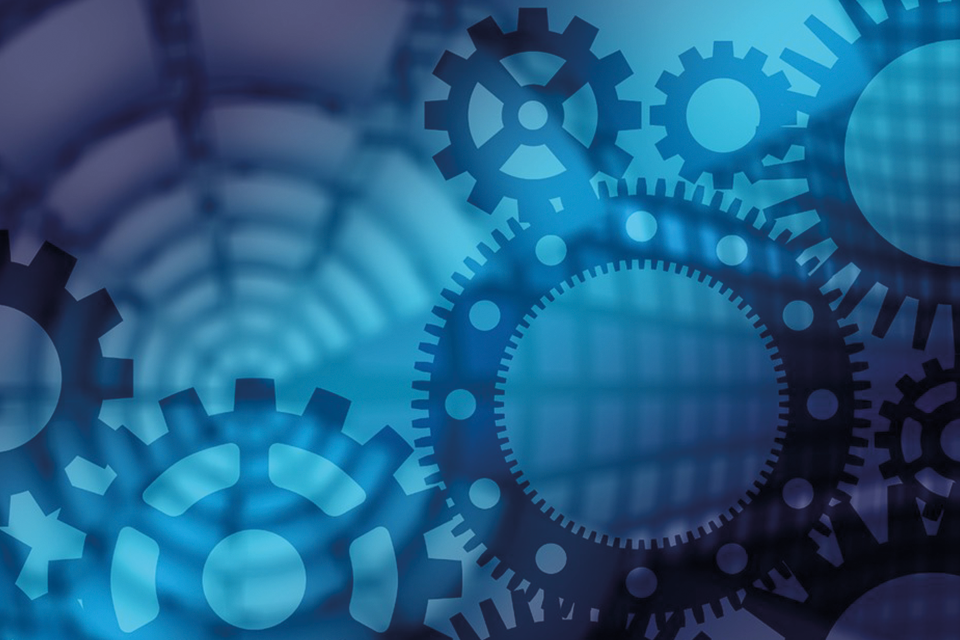
- Select a language for the TTS:
- UK English Female
- UK English Male
- US English Female
- US English Male
- Australian Female
- Australian Male
- Language selected: (auto detect) - EN
Play all audios:
By Denis Loctier Published on 27/01/2021 - 12:30 GMT+1•Updated 03/12/2021 - 14:46 GMT+1 The ocean is an important source of healthy protein for EU citizens, and it needs to be
protected to safeguard the sustainability of fisheries. Europe's Common Fisheries Policy ensures this and minimises adverse impacts of fishing on the marine ecosystem. _THE FLOW OF
INFORMATION_ Once the fish are caught in the wild or on a fish farm, they're placed on the market. All the important information about the catch is transferred down the supply chain.
This guarantees that illegally sourced fish are kept off the EU market. Traceability, food safety requirements and quality are essential, as 70% of seafood and aquaculture products are
imported into the EU. _THE CIRCULAR ECONOMY_ Food waste is another concern addressed by regulations. EU requirements optimise the use of fish and other seafood products for different
purposes at every step of the supply chain to minimise wastage. With its Farm to Fork strategy, Europe is aiming to create a sustainable food system, which will benefit consumer health and
quality of life. The goal of EU policies is to ensure the diversity and durability of seafood products available to consumers. At the final stage of the supply chain, seafood and fish are
sold by fishmongers and retailers.




